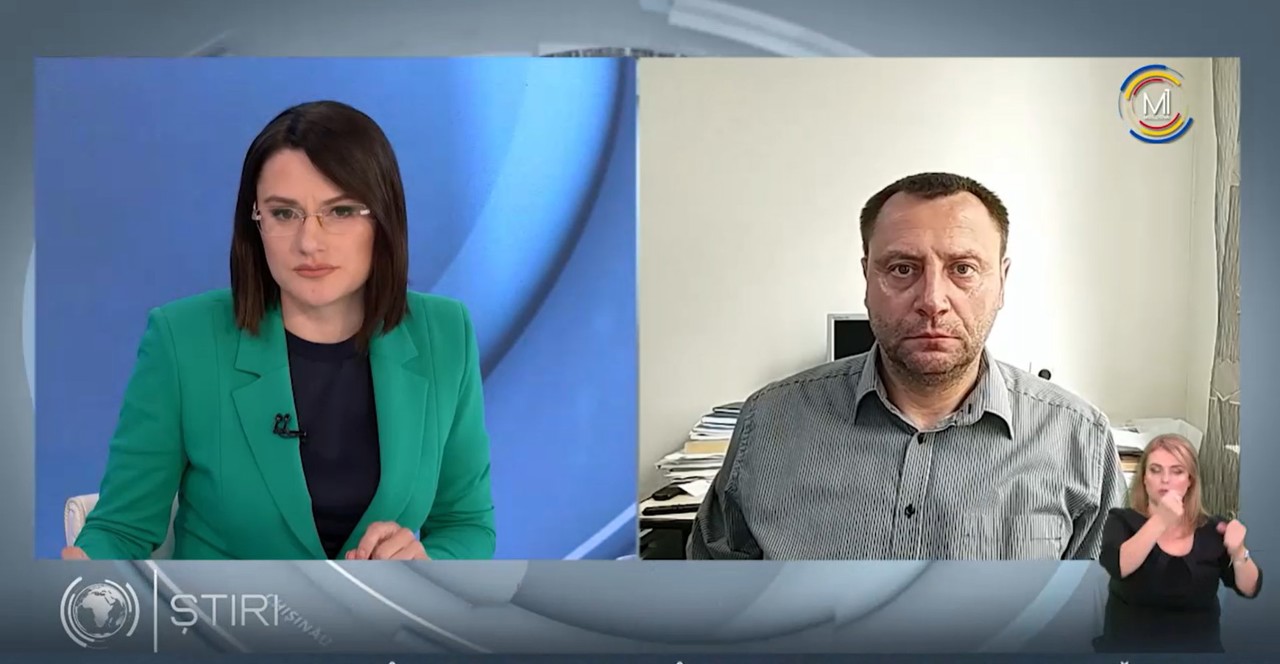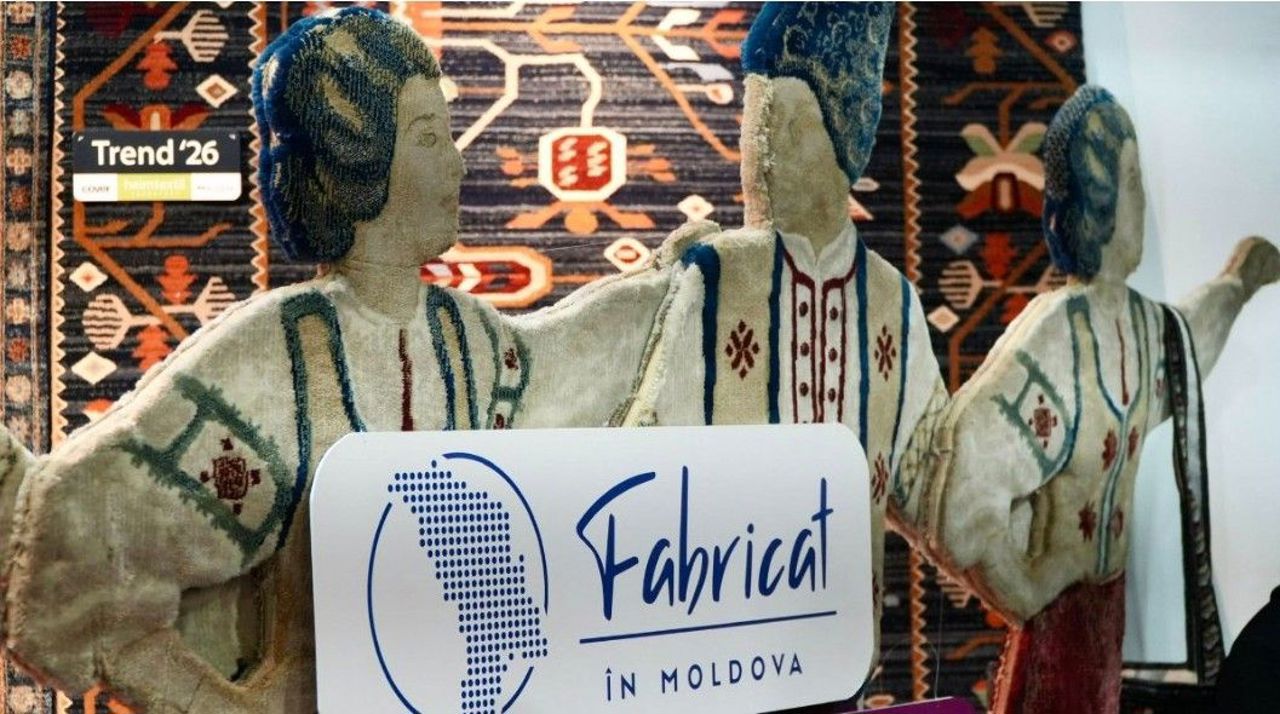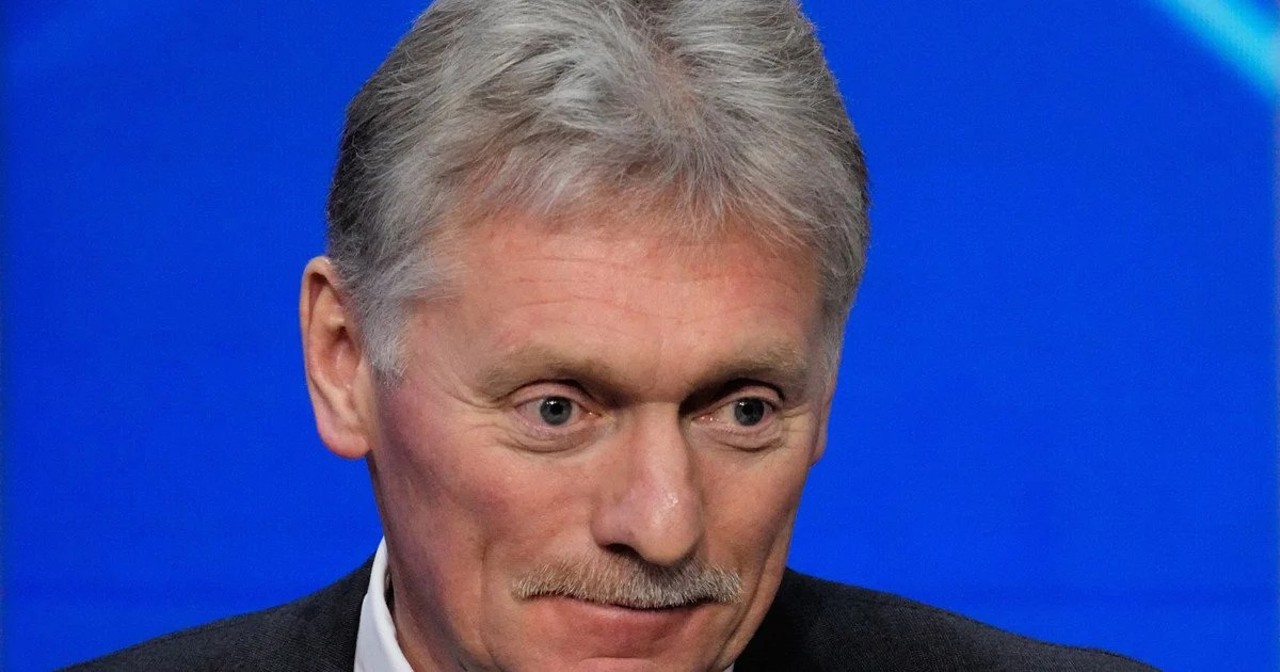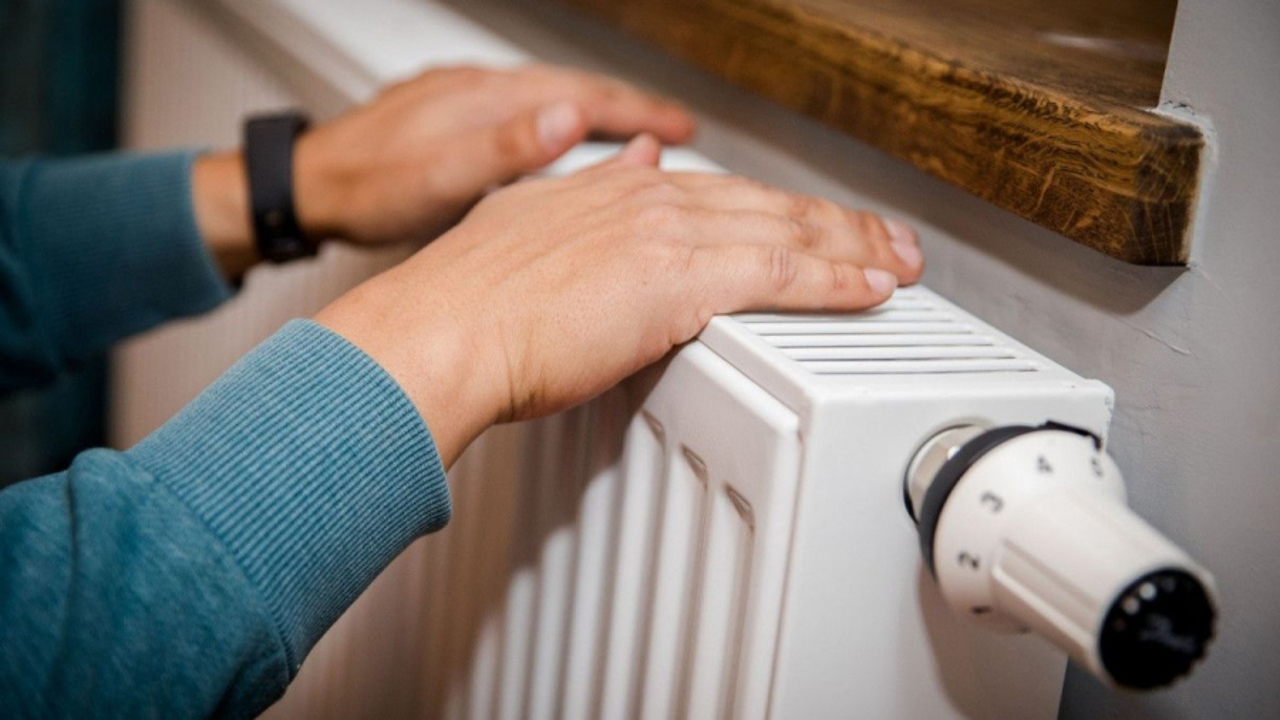Moldova’s undecided voters key in presidential runoff
The decisive contest in the second round of the presidential elections will focus on capturing the undecided voter segment, and, most likely, the outcome will reflect the geopolitical orientation favoured by the state, according to political commentator Ion Tăbârță.

The analyst explained to Moldova 1 that he expects the pro-European voter base to be more active than in the first round. On November 3, voters will face a choice between two scenarios: a pragmatic path of European integration or a tempered approach favouring strong ties with the East and Russia.
The political commentator notes that Renato Usatîi’s decision was a strategic move, reminiscent of his 2020 endorsement of Maia Sandu, although at that time, his voters ultimately divided their support. “Following the endorsement of Maia Sandu in 2021, his party failed to secure parliamentary representation. With that experience in mind, Usatîi’s message this time suggests that his supporters should not necessarily vote for a specific candidate in view of next year’s parliamentary elections. Instead, those who supported him are encouraged to decide independently in the second round.”
It remains difficult to predict the actions of the over 200,000 voters and which direction they may lean, the analyst observes. “A possible refusal to participate in the presidential election could lower the voter turnout. However, we should remember that, compared to other presidential elections in 2016 and 2020, second-round turnout has historically exceeded that of the first round. Nonetheless, while Renato Usatîi’s profile is centre-left, it is challenging to assess the definitive choices of these voters, so their ultimate decisions remain to be seen.”
“The real contest now centres on the undecided voters, as we must acknowledge that a substantial portion of the electorate, perhaps even the majority, have already chosen whom to support, based on the state’s geopolitical direction. Yet, there remains a centrist bloc, roughly 10–15 percent, where the competition is most intense. I am inclined to believe that the pro-European electorate is more numerous than reflected in the first-round results, and, in fact, Maia Sandu’s appeal calls for a path of development. In today’s regional context, this development path aligns precisely with European integration. She stated clearly in televised debates that this election is not a choice between her and Stoianoglo but rather between a forward-looking path and one of regression.”
Asked how the two candidates should adapt their strategies to win over undecided voters, Tăbârță suggests they each define their stance on foreign policy. “One promotes the continuation of the European path, while the other supports a moderate approach to European integration, alongside stable relations with Eastern countries or renewed dialogue with Russia. Citizens must consider carefully which candidate’s message is realistic at this moment. Otherwise, they risk being swayed by rhetoric with limited practical relevance.”
The candidate who came in third in the first round of the presidential election, Renato Usatîi, has announced that he will not support either of the two remaining candidates, Maia Sandu or Alexandr Stoianoglo, in the runoff. The leader of Our Party clarified that the decision was made after consulting with party colleagues and citizens nationwide.
Maia Sandu and Alexandr Stoianoglo have been invited to a live electoral debate on Monday, October 28, at 7:00 p.m., broadcast on Moldova 1 and Radio Moldova. Following the debate, Moldova 1 will air an analysis program highlighting the main statements and key moments from each candidate.
Translation by Iurie Tataru





